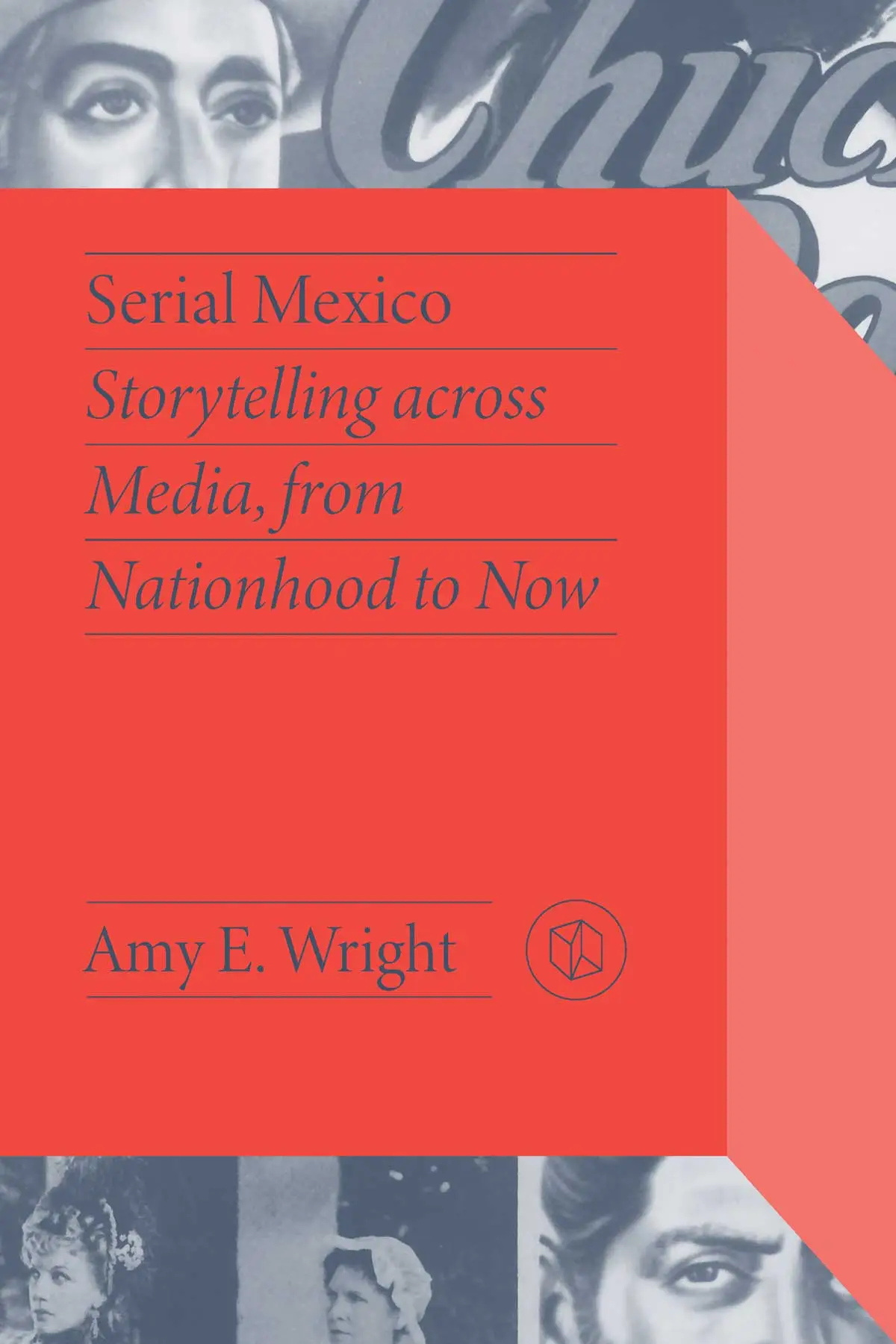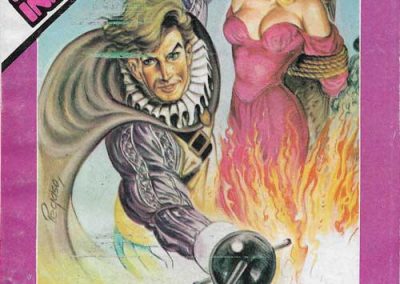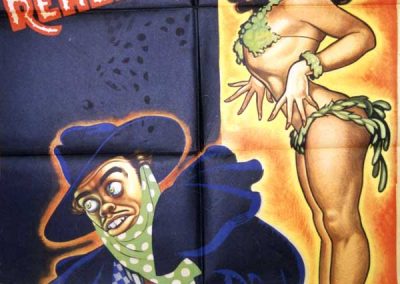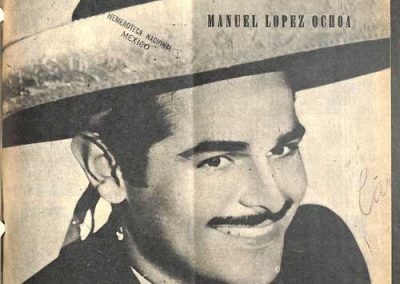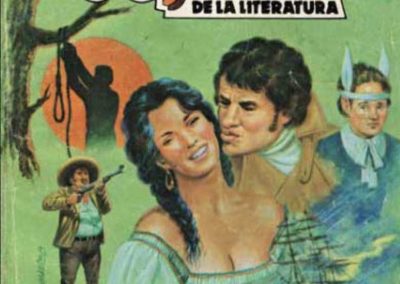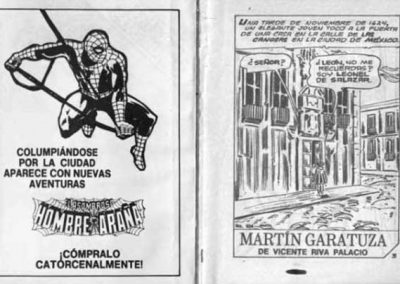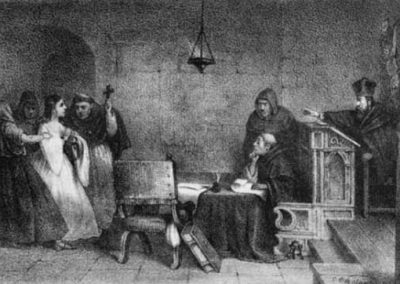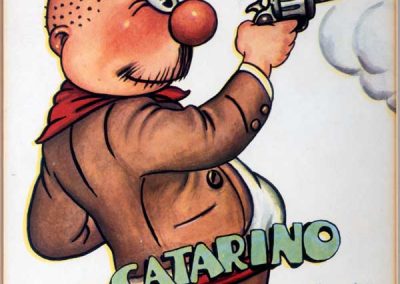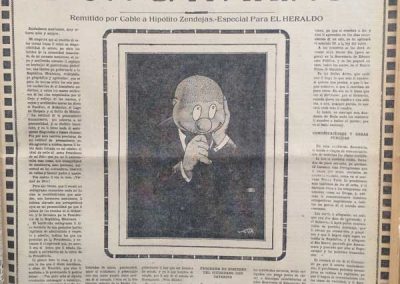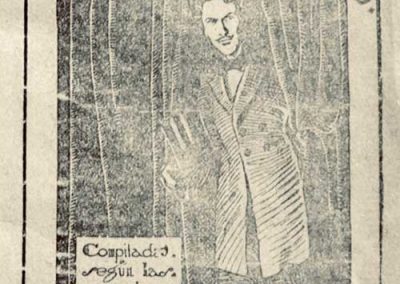“Serialization is storytelling on steroids…”
Dr. Amy E. Wright
Serial Mexico
Storytelling across Media, from Nationhood to Now
This panorama shows the Mexican experience of storytelling from the country’s early days until now, showcasing protagonists that mock authority, make light of hierarchy, and embrace the hybridity and mestizaje of Mexico.
These tales reflect on and respond to crucial cultural concerns such as family, patriarchy, gender roles, racial mixing, urbanization, modernization, and political idealism.
Serial Mexico examines how serialized storytelling’s melodrama and sensationalism reveal key political and cultural messaging.
There’s a lot more to the story. Explore some of its most riveting episodes, and brightest stars, below…
Episodes
1 Periquillo Sarniento
aka The Mangy Parrot The OMT: The Original Mexican Trickster
This rogue initiated the Mexican story-verse as hero of Mexico’s first novel. When Lizardi wrote the episodes of Periquillo’s life through pamphlets starting in 1816, he inaugurated the serialized storytelling tradition in the new country of Mexico.
2 Martín Garatuza
Swashbuckling Swordsman of New Spain
This colonial mestizo rebel created his own diverse alternative family-team to battle the insidious forces of the elite Spanish Inquisition. His superhero story was told and retold in the 19th century through episodes serialized in newspapers by author- politician Riva Palacio.
3 Don Catarino
Country Cowboy turned Presidential Candidate
Rough-and-tumble renegade Don Catarino brought his provincial family to Mexico City after the Revolution. The story of his foibles and efforts to refine himself made for an entertaining comic in the 1920s, which culminated in his fictional run for President. The comic episodes were recycled into Mexico’s first animated film, and re-run through many a newspaper until the 60s.
4 Chucho el Roto
The Generous Bandit
This class-crosser mocked 19th-century authorities to steal from the rich in the name of the poor. While his heroic exploits were told by the campfire, fans cheered him on as he evaded capture at every turn. Chucho crossed into the 20th century as a Houdini-Robin Hood mashup, immortalized through one of Mexico’s longest- running radio dramas, a smash hit.
5 Diana Salazar
aka Leonor Santiago
In the 1980s, Televisa soap operas recycled Mexico’s colonial past. Martín Garatuza reappeared in his own 20th century soap opera, while Leonor Santiago -an upper-crust Colonial señorita from the provinces-is reincarnated into Mexico City modernity in her Televisa avatar of Diana Salazar, a hapless misfit of a heroine who comes fully into her superpowers through a journey deep into the Baroque labyrinth.
First Impressions
Advance Praise for Serial Mexico
´´Once in a blue moon, a scholarly work drops that upends what we know in the humanities.
Serial Mexico is this—and more. Gorgeous, lively prose serves up sophisticated, smart scholarship that radically reorients us toward Mexico’s deep and rich transmedia history. Wright’s edge-of-seat odyssey takes us far back into Mexico’s history of storytelling, as well as all subsequent instances of cross-media proliferation and pollination. From astute analyses of early-nineteenth-century popular serialized stories to twentieth-century comics, radionovelas, and telenovelas, Wright does with
Serial Mexico what Jenkins did with Convergence Culture, but with one colossal difference: Wright aptly anchors Transmedial Studies in the Global South.´´

Frederick Luis Aldama
author of Mex-Ciné: Mexican Filmmaking, Production, and Consumption in the Twenty-first Century
´´Propelled by its colorful subject matter and Wright’s artful analysis, Serial Mexico is a groundbreaking meditation on how Mexican mass media addresses memory, national identity, and formula storytelling. Packed with illustrations and forgotten cultural histories, this is a major contribution to Mexican and Latin American Studies.´´

Christopher Conway
author of Heroes of the Borderlands: The Western in Mexican Film, Comics, and Music
´´Serial Mexico belongs to a critical continuum, guided by Walter Benjamin’s ‘The Work of Art in the Age of Mechanical Reproduction,’ Benedict Anderson’s Imagined Communities, and Doris Sommer’s Foundational Fictions, that studies modern national identity. As befits this lineage, Serial Mexico concerns itself with family romance (and domestication) as national allegory.´´

John A. Ochoa
author of The Uses of Failure in Mexican Literature and Identity
´´Propelled by its colorful subject matter and Wright’s artful analysis, Serial Mexico is a groundbreaking meditation on how Mexican mass media addresses memory, national identity, and formula storytelling. Packed with illustrations and forgotten cultural histories, this is a major contribution to Mexican and Latin American Studies.´´

Christopher Conway
author of Heroes of the Borderlands: The Western in Mexican Film, Comics, and Music
´´Serial Mexico belongs to a critical continuum, guided by Walter Benjamin’s ‘The Work of Art in the Age of Mechanical Reproduction,’ Benedict Anderson’s Imagined Communities, and Doris Sommer’s Foundational Fictions, that studies modern national identity. As befits this lineage, Serial Mexico concerns itself with family romance (and domestication) as national allegory.´´

John A. Ochoa
author of The Uses of Failure in Mexican Literature and Identity

